_________________________________________________________________________________________________________
__________
The "What you don’t see" website is part of a broader research project entitled, “The Impacts of Sporting Mega-Events on Sexual Commerce in Rio de Janeiro” created by the Prostitution Policy Watch, an extension project of the Institute of Research and Urban and Regional Planning at the Federal University of Rio de Janeiro (IPPUR/UFRJ).
This virtual photography exhibition is a response to exclusionary urban renewal projects associated with sporting mega-events, in particular, the 2014 World Cup and 2016 Olympic Games. As in other contexts, such projects in Rio de Janeiro provoked forced displacements of vulnerable communities and moral panics surrounding prostitution that resulted in police crackdowns disproportionately and violently targeting sex workers.
The “What you don’t see” project asserts sex workers’ right to the city and challenges stigmatizing discourses through images, texts and audios produced by sex workers during Rio de Janeiro’s 2016 Olympic and Paralympic Games. As part of the project, the Prostitution Policy Watch offered technical and creative support to 16 people involved in sexual commerce to document their work-life Olympic realities. Participants kept daily visual and audio diaries of their everyday lives throughout the games, sharing images and voice messages through a group chat in WhatsApp. In total, over 1,500 photos were shared throughout the duration of the event. Professional photographers provided feedback in person, through group workshops and online chats. Participants curated their own pages (our view) and selected images for the online exhibition through a series of meetings and a workshop at the end of the project. They retain all rights to their images and authorized the Prostitution Policy Watch to use and distribute them as part of this project.
The online exhibition is intended to portray sex workers as protagonists, respect individual artistic expression and illuminate the singularities and commonalities of people who work in Rio de Janeiro’s sexual economies. Participants named the website “What You Don’t See” as a way to draw attention to their diverse experiences, subjectivities and perspectives. In this sense, the project also serves as an important counterpoint to the victimizing discourses inflamed by moral panics about prostitution that so often circulate with sporting mega-events. Sabrina, a participant, describes what the project meant to her: “It was very interesting because the project was also associated with the debates surrounding the legalization of prostitution in Brazil. Giving strength to us prostitutes to see that we are not alone. It is very good to know that there are projects like this in the world, and I am very happy with it. It was really cool.”
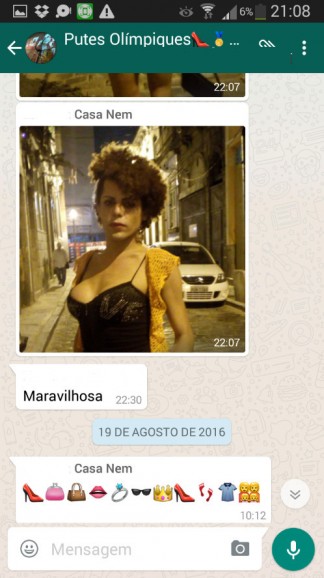
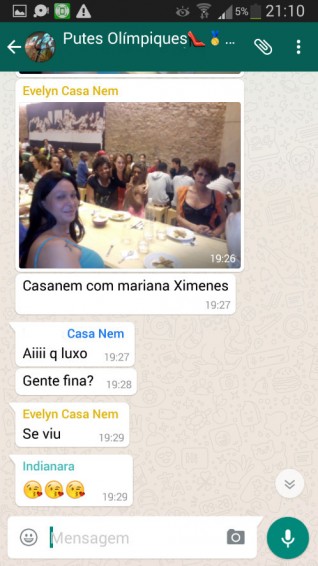
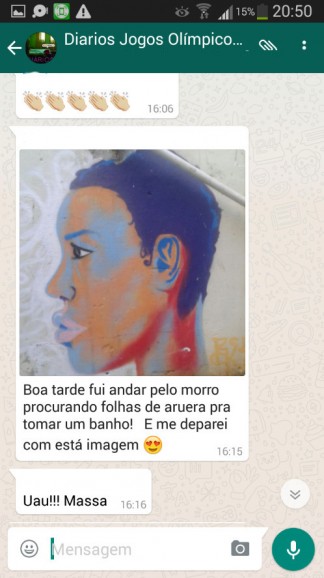
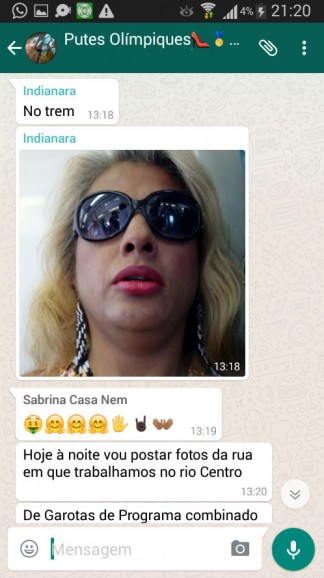
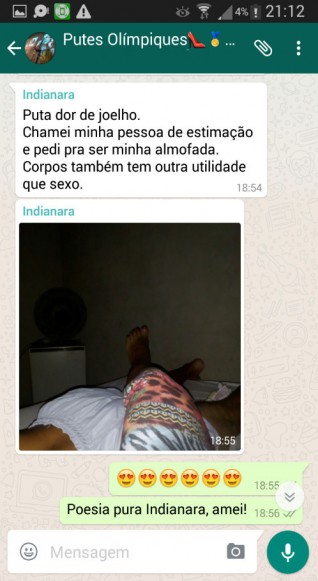
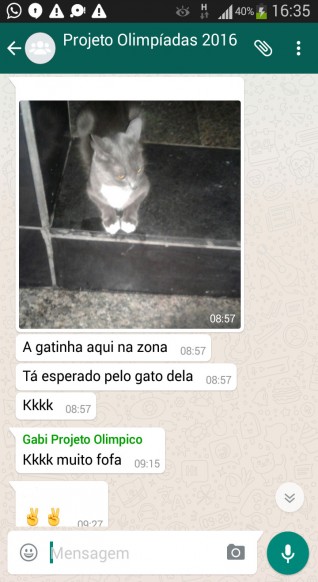
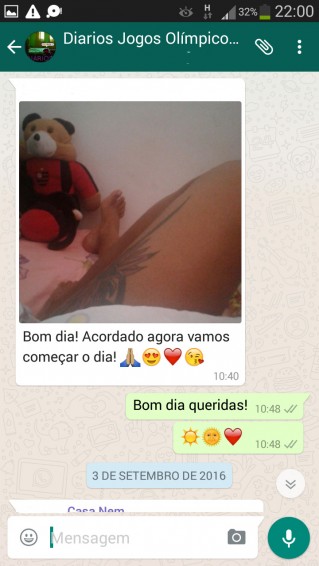
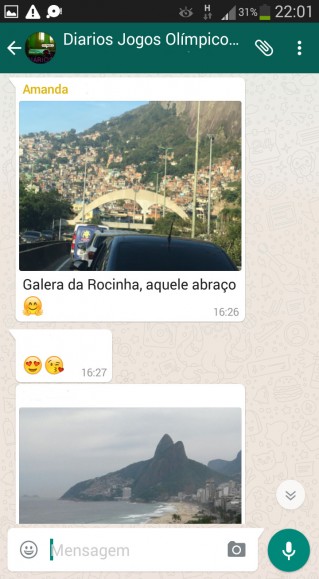
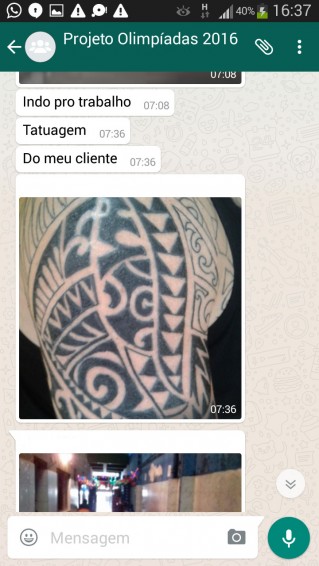
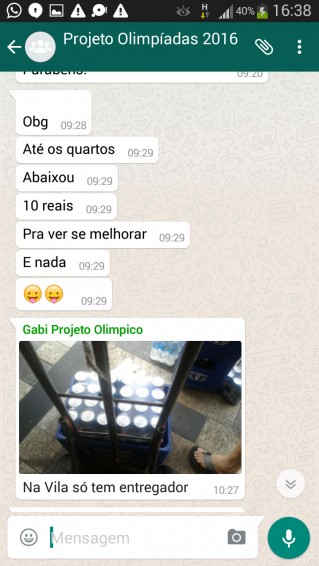
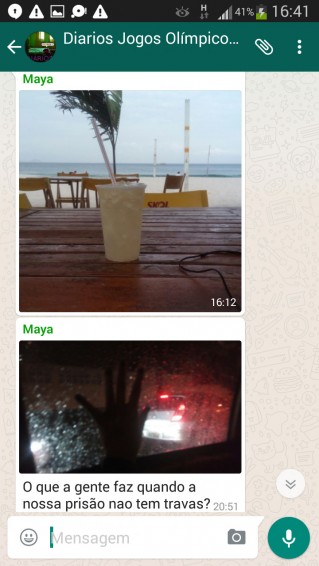
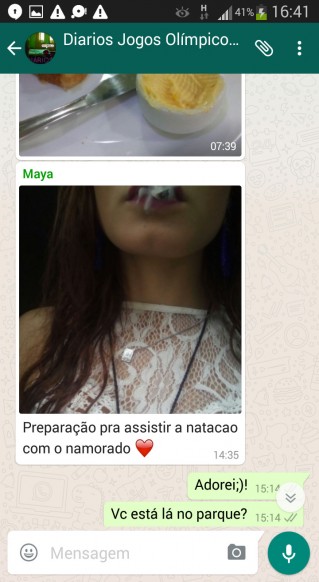
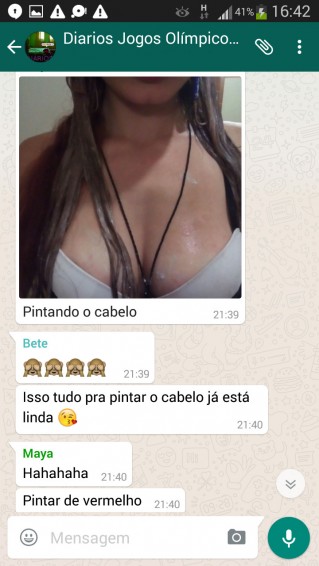
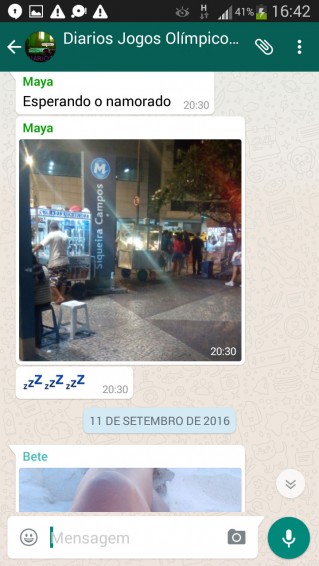
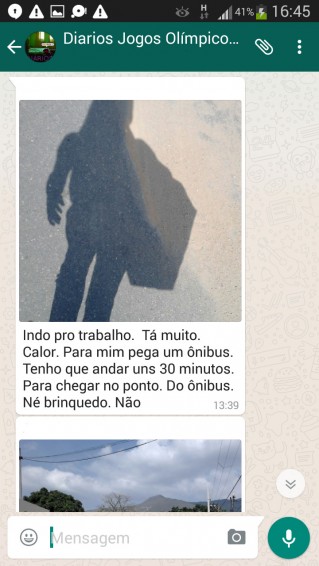
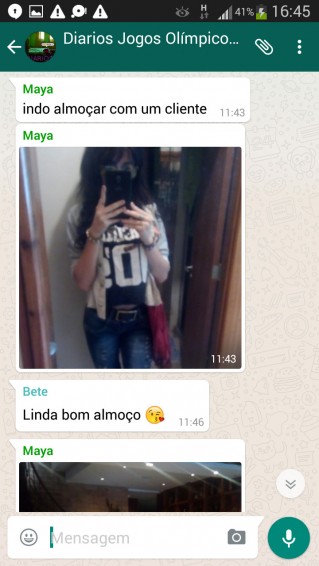
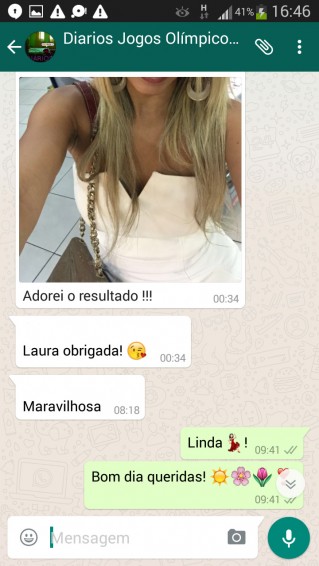
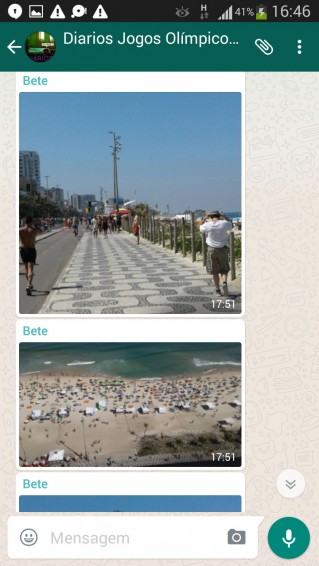
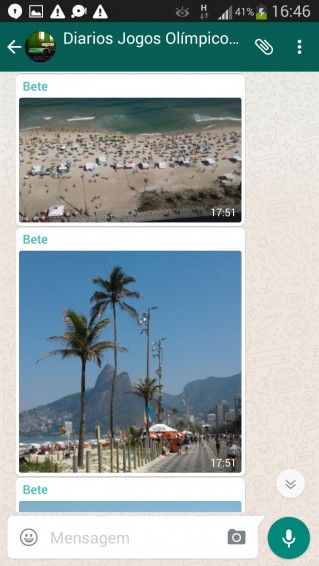
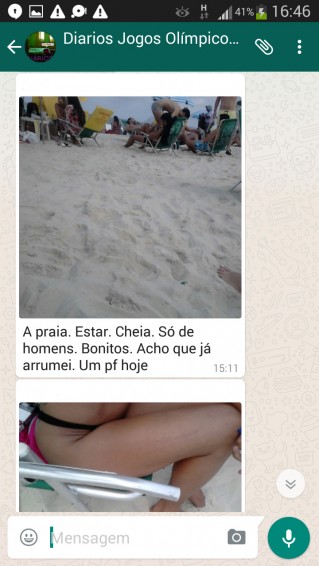
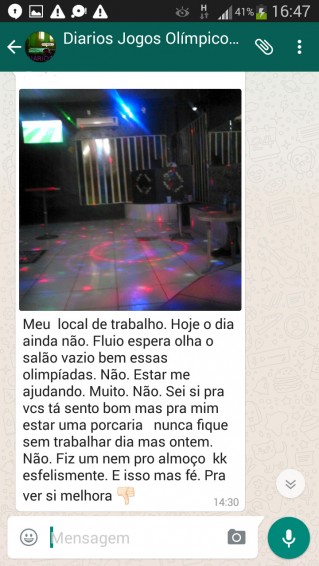
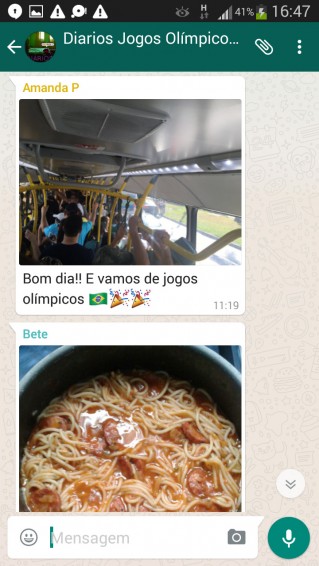
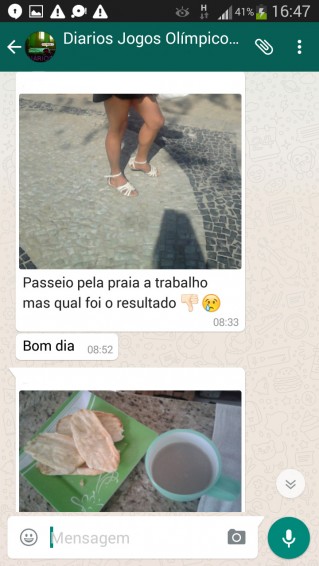
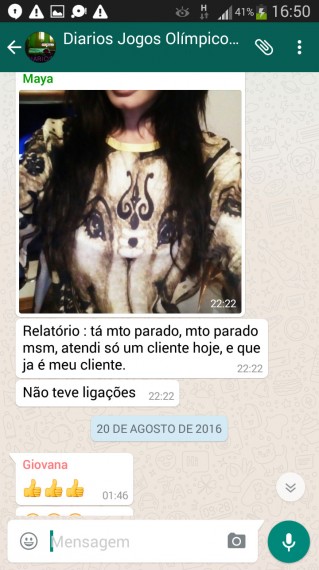
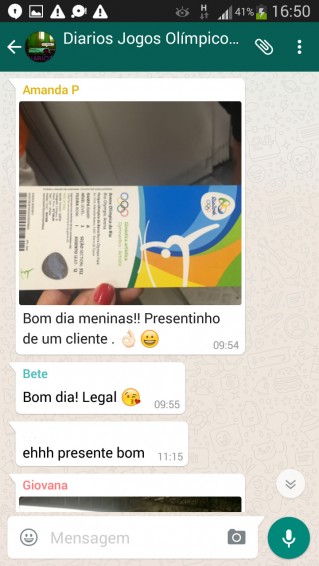
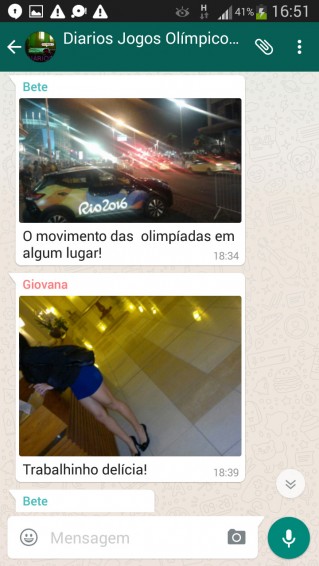
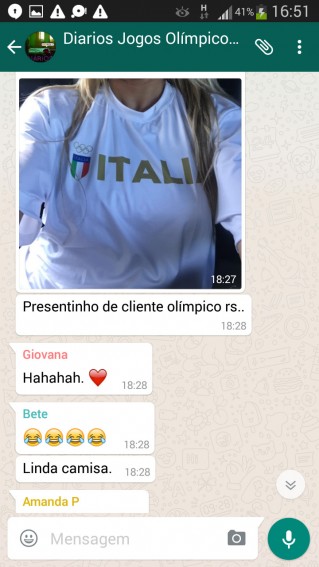
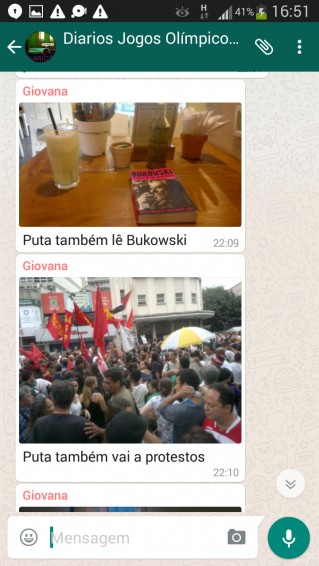
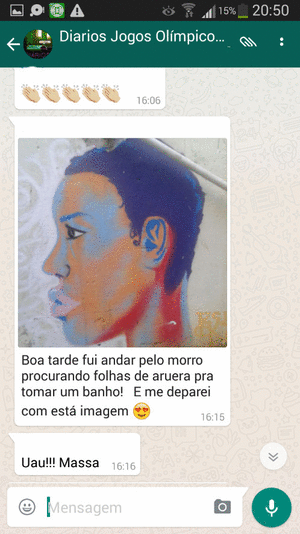
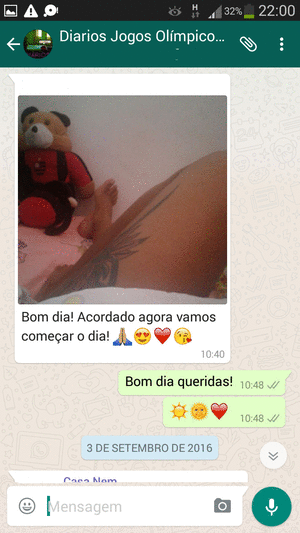
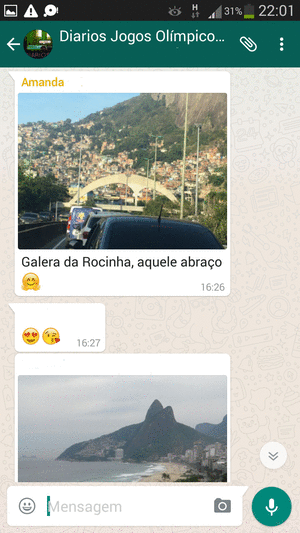
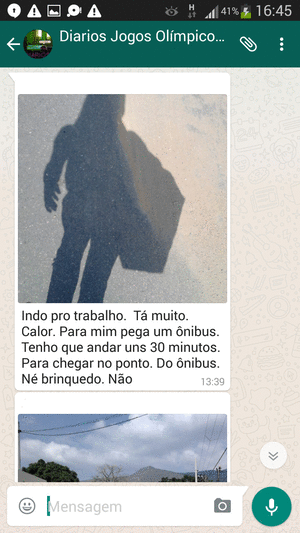
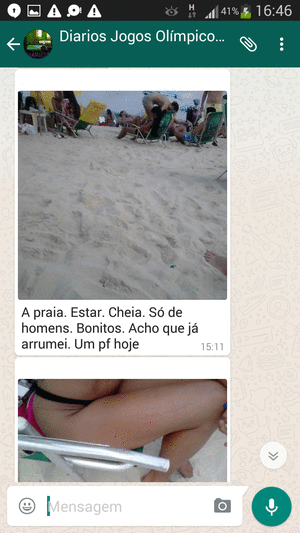
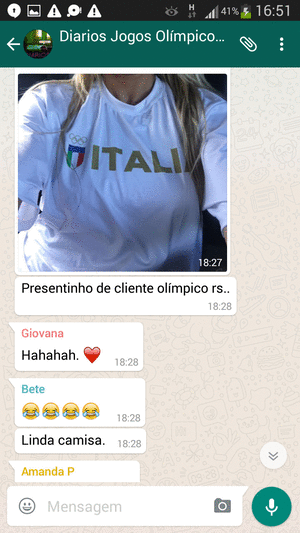
prostitution as we see it
what you don't see
our view
virtual exhibition
the process
credits
our narratives
Português
English
|
Prostitution
Policy
Watch
Institute
of
Research
and
Urban
and
Regional
our
view
Blog
